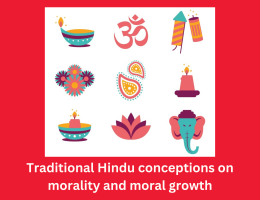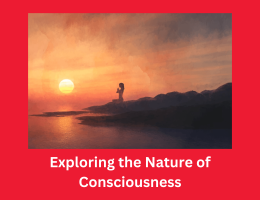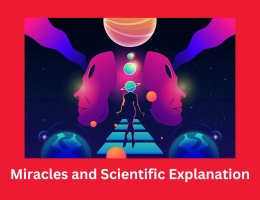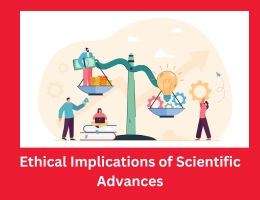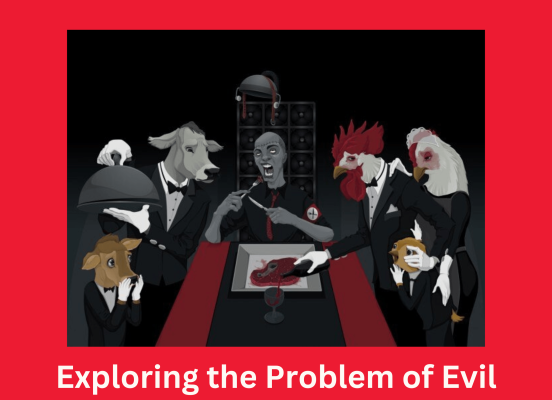
Exploring the Problem of Evil: Perspectives from Augustine, Spinoza, and Nietzsche
- By admin --
- Sunday, 07 Apr, 2024
INTRODUCTION
The finest place to begin, for my part, a efficient conversation among historical Christianity and those contemporary philosophical lines that have from time to time been visible as a task to that lifestyle is with the hassle of evil. In light of this, my purpose is to: (1)gift Augustine's technique to the trouble in its maximum basic form, in conjunction with a vital analysis; (2) provide a distinct angle at the issues that give upward thrust to the hassle, one which is largely inspired by means of Spinoza and Nietzsche; and (three) exhibit how this more philosophically acceptable opportunity can be expressed in the categories of religion, allowing us to reclaim the tradition past the issue of evil.
1. Augustine's Method for Solving the Evil Problem
Put in reality, the reality of evil (each herbal and moral) and the idea of God as all-powerful and omnibenevolent appear to contradict every different and offer an insurmountable task to the difficulty of evil. Given our direct touch with evil inside the world, it would seem hard for us to attest to God's goodness, even though he's all-effective. Similarly, if we concede that God is the epitome of virtue from the start, then it'd seem that we have to adjust our know-how of his authority. Nevertheless, the quandary persists due to the fact Christian orthodoxy is hesitant to trade its knowledge of God's benevolence or might.
His three-pronged approach to fixing this difficulty is as follows: 1) he maintains that evil is a privation and can not be rightly stated to exist in any respect; 2) he contends that the apparent imperfection of any part of introduction vanishes within the face of the whole's perfection; and three) he contends that ethical evil in addition to the struggling this is believed to be the result of sin has its roots in the unfastened will of rational creatures.
2. Nietzsche and Spinoza on Evil
Evil does no longer pose the equal troubles for Spinoza because it did for Augustine. Not without delay certain by Christian doctrine, he's unfastened to modify the traditional understandings of God's might and kindness, which he does. Many of his findings bear a great resemblance to Augustine's, that's an intriguing commentary. When seen thru a in basic terms philosophical lens, Spinoza's stance seems to both maintain and make clear in more detail the elements of Augustine which can be most intellectually sound and exclude the components which might be maximum conceptually objectionable. The neo-platonic idea that evil is a privation that can not be rightly claimed to exist in any respect is, in a feel, preserved and similarly clarified, as is the concept that the seeming imperfection of any element of introduction vanishes in front of the whole perfection. The statement made with the aid of Augustine that the free will of rational beings is the supply of ethical evil and the supply of pain this is believed to be a result of sin is missing. To make this clearer, permit's take a brief look at Spinoza's metaphysics.
Our proper venture is to pick out our fundamental will, that is the best source of that means and cause in life. Both Spinoza and Nietzsche appear to be arguing that this cognizance is made feasible with the aid of our reputation of the elements of reality which are out of doors of our manipulate. To do that, we need to make the effort to resist the urge to be dominated by passive emotions like regret, fear, and guilt at the level of reflective attention. This is handiest viable to the extent that we discover ways to apprehend, love, and (consciously) will ourselves as we truely are. These matters all want a right dating with the pressure that underpins us. This right relationship with the pressure that roots us is fulfilled to the extent that Spinoza's ideas approximately reflective consciousness are present in our Nietzsche's love of destiny and intellectual love for God are, in many ways, the same idea, if now not relatively different. However, we need to no longer agree with that the gap among our fundamental self and our empirical or conscious self might be absolutely closed at least now not at some stage in this incarnation. Our middle self will always have a transcendent element in terms of awareness; in fact, we'd name it our transcendent self. Nevertheless, inspite of the inevitable dissonance between the two, we might also count on to look the distance between them close as we work to remain in touch with our middle will, which is likewise God's will. Finding and the usage of our essential will is to Live a true lifestyles.
3. Reappropriating the Tradition
We now know why Jesus said, The initially the commandments is, Hear O Israel; The Lord our God is one Lord: And thou shalt love the Lord thy God with all thy coronary heart, and with all thy soul, and with all thy electricity (Mk. 12:29) in mild of the communique from phase . Loving God is loving his omnipotent will and the eternal order he has set up. The extra we like him, the more we end up one with him, and the direction of occasions will now not confuse us any greater than our heavenly Father does. Because we proportion in his divine essence, we are granted everlasting life. As we turn out to be aware that we're God's incarnations, we begin to interact in God's existence, and his likeness starts to happen in our own lives. But as opposed to being a source of pleasure, this have to make you glad and grateful! We are his workmanship, created in Christ Jesus, who's the photo of the invisible God, the first born of each creature: for by means of him have been all things created, which can be in heaven, and which might be in earth, visible and invisible, whether they be thrones, or dominions, or principalities, or powers: all things have been created with the aid of him and for him in whom all the building fitly framed together boom unto a holy temple inside the Lord (Eph. 2:10; Col. 1:15-17; Eph. 2:11). We are a part of this eternal undertaking as participants of his frame. Here we are, in Built together for the habitation of God through the Spirit is how Ephesians 2:22 describes him. This is the cause why all matters work collectively for top to them that love God, to them who are the known as, in line with his motive (Rom. Eight:28, emphasis introduced). We are not able to exist out of doors of Christ for that reason.
CONCLUSION
We concluded at the quit of Part One that, as orthodox Christians, we bow(ed) albeit, more or less unconsciously to God's strength rather than his justice. Unable to entertain this idea, we insisted as traditionalists on declaring the indisputable paradox of judgment, namely that omnipotence and human perdition may additionally coexist without assigning evil to God. However, out of all the evils we will think about, this aggregate can be the handiest one which can in no way be defeated by using the usage of our restricted perspective. In an attempt to let the problem's dialectic to drive us past it, we tried to make this contradiction clear.


